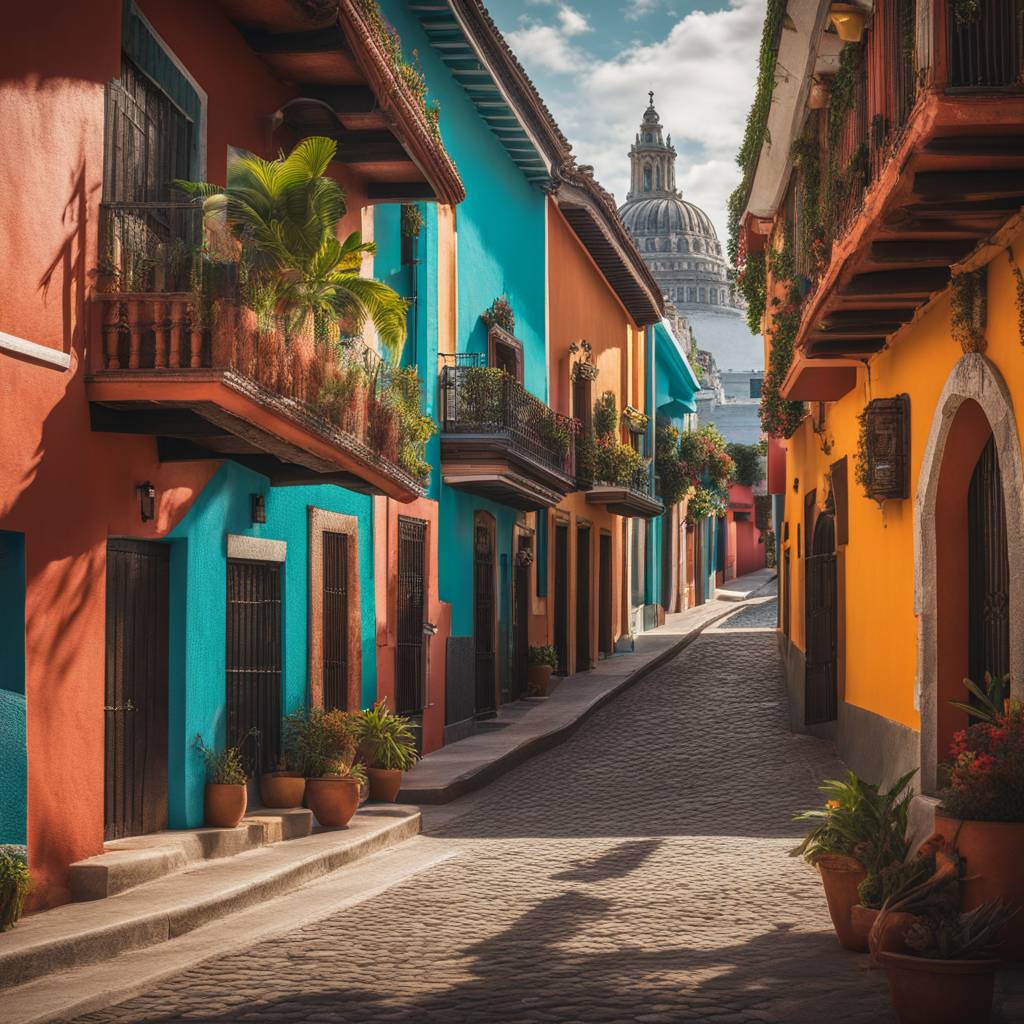Ecuadorean police officers entered the Mexican embassy in Quito to arrest former vice president Jorge Glas, who had been granted political asylum by Mexico. This led Mexico to suspend bilateral relations with Ecuador. Glas had been sentenced to prison in Ecuador before seeking asylum in the Mexican embassy. Ecuador’s presidential office stated that no criminal could be considered politically persecuted, and that Mexico had abused diplomatic immunities and privileges in granting asylum to Glas. President Daniel Noboa’s office claimed that Mexico’s actions were contrary to the conventional legal framework.
President Andrés Manuel López Obrador of Mexico condemned the arrest as a flagrant violation of international law and Mexico’s sovereignty. He accused Ecuadorean police of forcibly entering the embassy to arrest Glas, leading to injuries to Mexican diplomatic personnel. Mexico’s secretary of foreign affairs, Alicia Bárcena Ibarra, announced the breaking of diplomatic relations with Ecuador in response to the incident. The situation remains ongoing and is being closely monitored as it unfolds.
Glas had been living at the Mexican embassy in Quito since December, seeking refuge from his impending arrest in Ecuador. He had previously served as vice president of Ecuador but had fallen out of favor and was convicted of corruption-related charges. Despite receiving asylum from Mexico, Ecuador proceeded with the arrest due to their belief that Mexico had violated diplomatic norms in granting Glas asylum. The case has garnered international attention as a potential diplomatic crisis between the two countries.
The arrest of Glas in the Mexican embassy has raised concerns about the sanctity of diplomatic missions and the treatment of individuals seeking asylum. Mexico’s decision to grant asylum to Glas was viewed as a significant gesture of support for the former vice president. However, Ecuador’s actions in arresting Glas within the embassy have been criticized as a breach of international law and norms governing diplomatic relations. The incident has sparked a debate about the responsibilities and obligations of countries when faced with asylum seekers within diplomatic premises.
Both Mexico and Ecuador have shown a willingness to stand firm in their positions regarding the arrest of Glas. Mexico’s suspension of bilateral relations with Ecuador is a clear indication of the seriousness with which they view the situation. Ecuador, on the other hand, has defended its actions as necessary to uphold the rule of law and prevent the misuse of diplomatic privileges. The fallout from this incident is likely to have long-lasting implications for the relationship between the two countries and may impact future diplomatic engagements.
As the story continues to develop, it remains to be seen how Mexico and Ecuador will navigate the aftermath of the arrest of Jorge Glas. The international community will be watching closely to see how both countries handle the diplomatic fallout and whether efforts will be made to repair the strained relations. The incident serves as a stark reminder of the complexities and challenges that can arise in international relations, particularly when issues of asylum, diplomatic immunity, and national sovereignty come into play.








